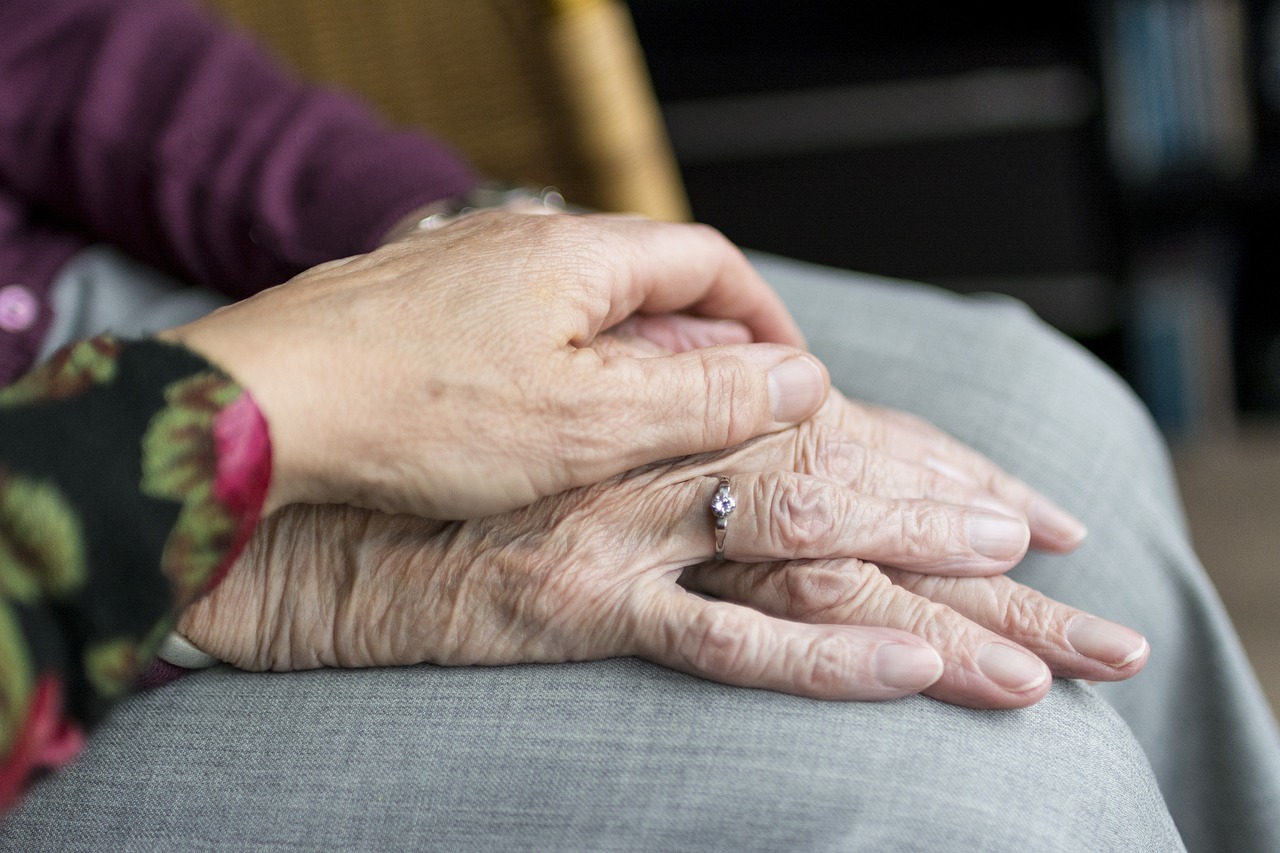
What is frailty, and is it an inevitable part of ageing?What is frailty, and is it an inevitable part of ageing? Is it all bad, or is there beauty to be found?
Explore and challenge the concept of frailty as visualised by artist Seiko Kinoshita and the University of Sheffield’s flagship Healthy Lifespan Institute (HELSI).
Despite its prevalence (up to 50% of over 80’s), frailty is poorly understood by the public and health practitioners alike and is often considered an inevitable consequence of ageing.
Furthermore, the way we perceive frailty often contributes to negative stereotypes of older people.
However, frailty is not inevitable and if we understand its causes, we may be able to halt its progression, one of the main aims of HELSI.
Our striking 3D art installation will represent the real experiences and thoughts of people in Sheffield, and will spark urgently needed conversation about frailty and whether it is a fixed part of the human journey
Opening times Tuesday–Saturday: 10am–5pm (closed Mondays) Sunday: 11am–4pm

Enter into our familiar domestic space and become transformed by memories, stories, and art engaging with human connections with food.
Eating and tasting are everywhere in our culture: metaphors of flavours garnish our conversations: melodies are sweet; memories are bitter; we are left with a bad taste in our mouths.
This project, in partnership with Ignite Imaginations, showcases artwork from a diverse range of communities, from local Sheffielders to newcomers from across the world. Artworks reflect artists’ associations with food – whether memories of favourite foods from back home, another country, or another stage of life.
Inspired by Meredith Warren’s research on food’s transformative effects in literature, this project invites visitors to consider how food and taste affect us through sensory experience, memories, nostalgia, and community.
The exhibit invites visitors from all walks of life to reflect on how food helps us remember and reflect on our own place in culture and in time.
Opening times Tuesday–Saturday: 10am–5pm (closed Mondays) Sunday: 11am–4pm
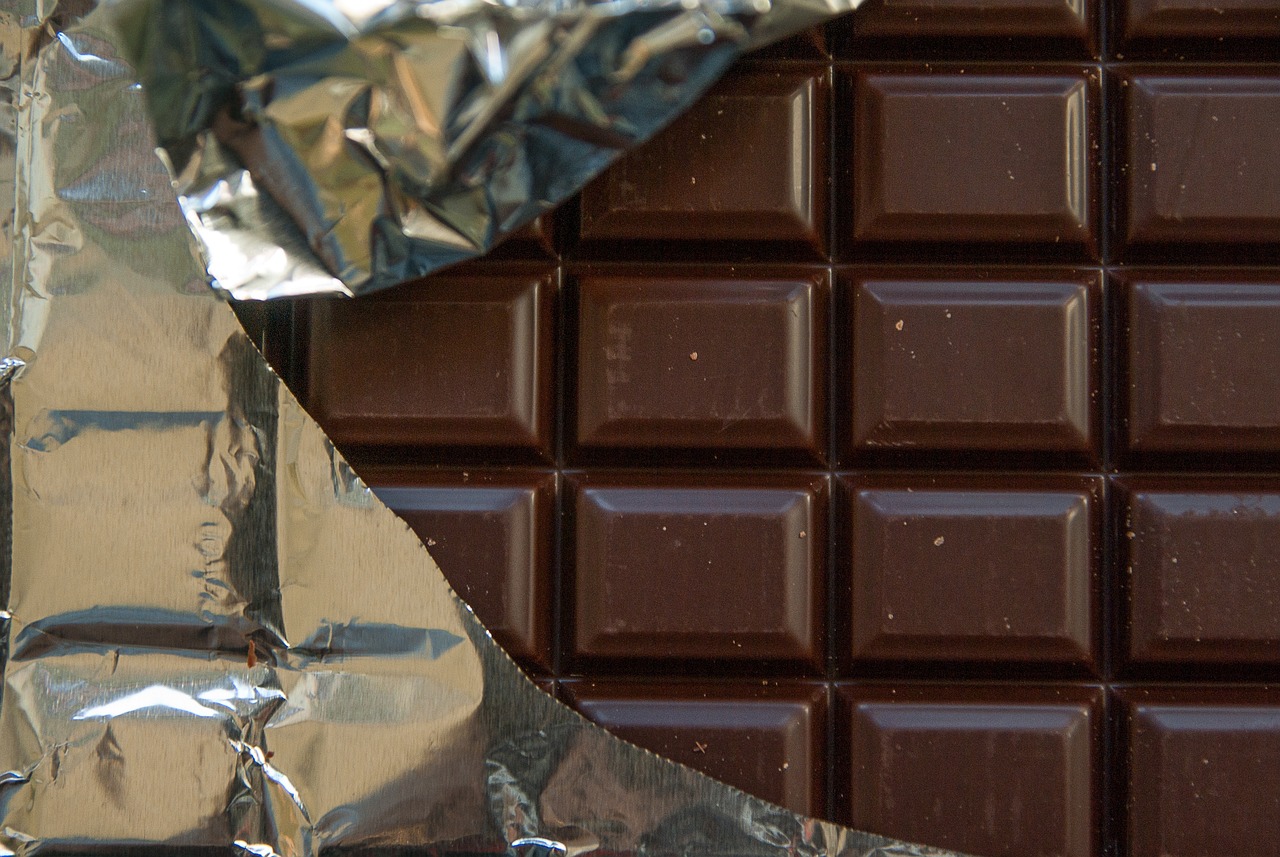
Have you ever wondered where chocolate comes from? And did you know that when it first came to Europe it was as a form of bitter chocolate drink, brought by Indigenous peoples as part of their own ‘discovery’ of new lands?
In this hands-on interactive installation, you are invited to stand in the shoes of a Maya noble, preparing hot chocolate in Europe for the first time, and experience what it was like to be an Indigenous American negotiating for their people’s future.
Through the steps of making this famous drink for the first time in the Spanish Court, visitors will experience the choices and challenges of Indigenous politicians setting foot in a strange new world and forced to play the game of Spanish politics to save their society.
Visitors of all ages will enjoy learning about how chocolate was made and the part it played at the birth of empire.
Opening times Tuesday–Saturday: 10am–5pm (closed Mondays) Sunday: 11am–4pm
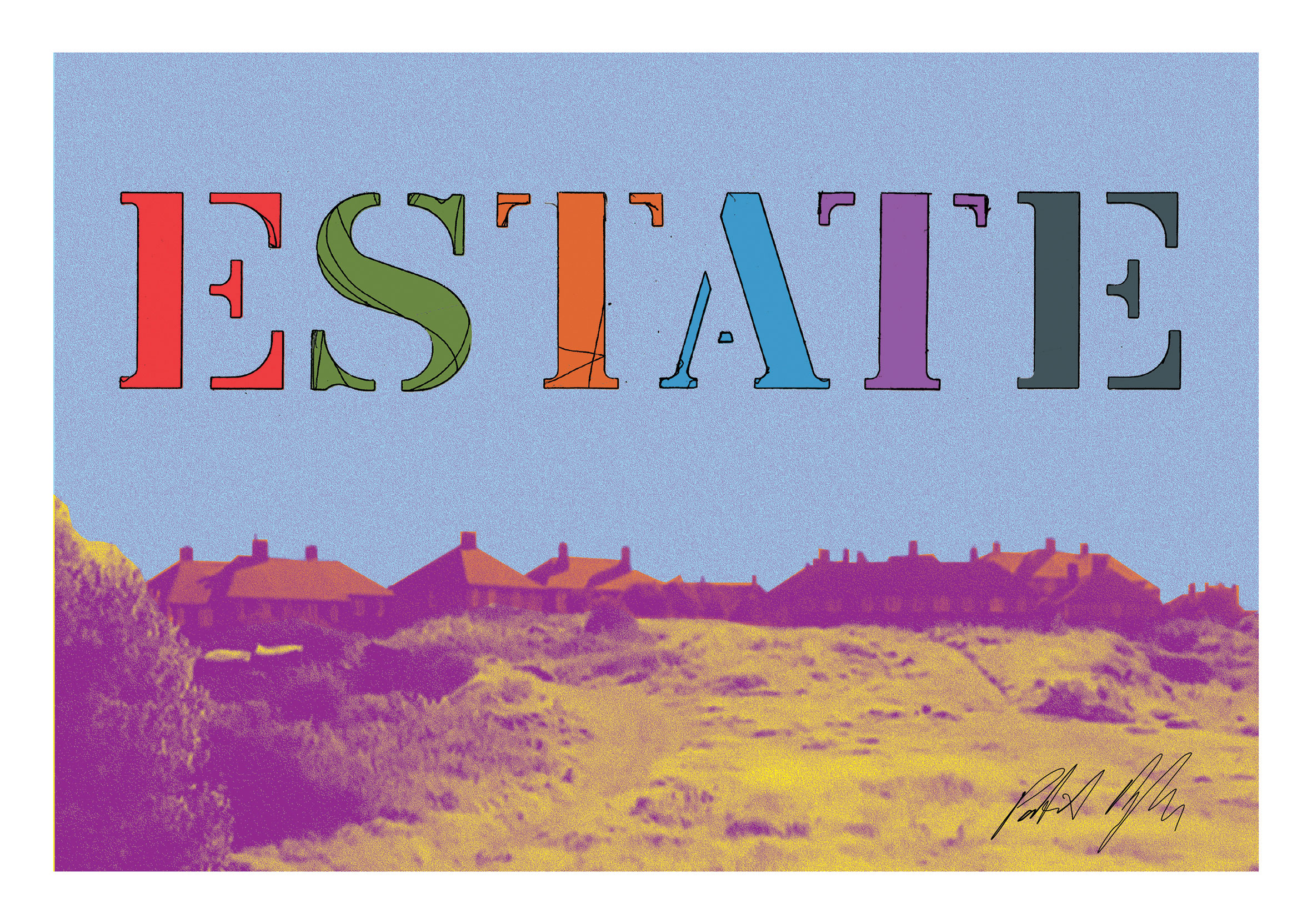
Estate is a visual and textual exploration of working-class culture and landscapes through the lens of working-class writers. For decades, these communities have inspired powerful cultural works that address social and political issues.
Patrick Murphy and David Forrest will use the Universities Special Collections and Archives to create a new body of work: Estate.
The collections include archives of writers like Barry Hines, Jack Rosenthal, and academic Richard Hoggart. The resulting imagery and text will reflect examinations of working-class life found within these archives.
Insights will also come from the working-class writers like Shelagh Delaney and filmmakers like Shane Meadows, along with Patrick’s and David’s personal experiences growing up on council estates.
Collaborative images and texts will be exhibited at the festival, and feature in a published book for the university’s archives and general consumption.
They will also discuss Estate in a public talk and share works on Instagram @estate_culture
Opening times Tuesday–Saturday: 10am–5pm (closed Mondays) Sunday: 11am–4pm
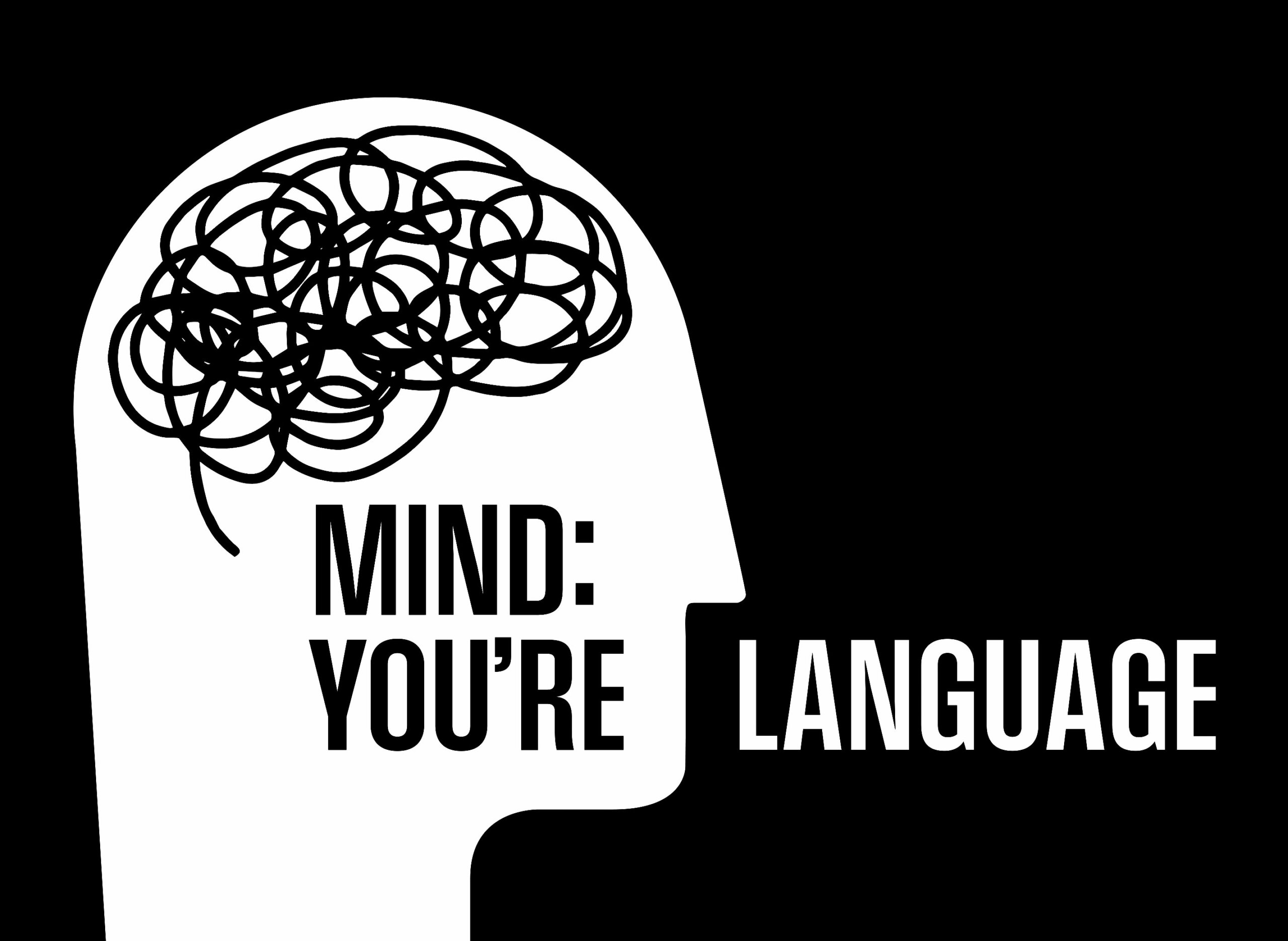
A creative collaboration about the language of me ‘Mind: You’re Language’ is a creative collaboration between artist Patrick Murphy, writer / broadcaster Ian McMillan, researcher / Sheffield Flourish Associate Shirin Teifouri and University academic Chris Blackmore.
The project is a dialogue about the language of mental health and how this has changed, from the establishment of Sheffield’s Middlewood Mental Hospital in 1872 to the current day.
Through a blend of historical research and present-day interviews conducted by Shirin and Chris with members of Sheffield Flourish, Patrick and Ian have created evocative artworks and verse to help trace the shifting language and attitudes toward mental health and illness over 150 years.
The project stems from Chris’ academic research and teaching which focuses on narrative approaches to mental health – see https://lifepathvr.org/
Opening times Tuesday–Saturday: 10am–5pm (closed Mondays) Sunday: 11am–4pm
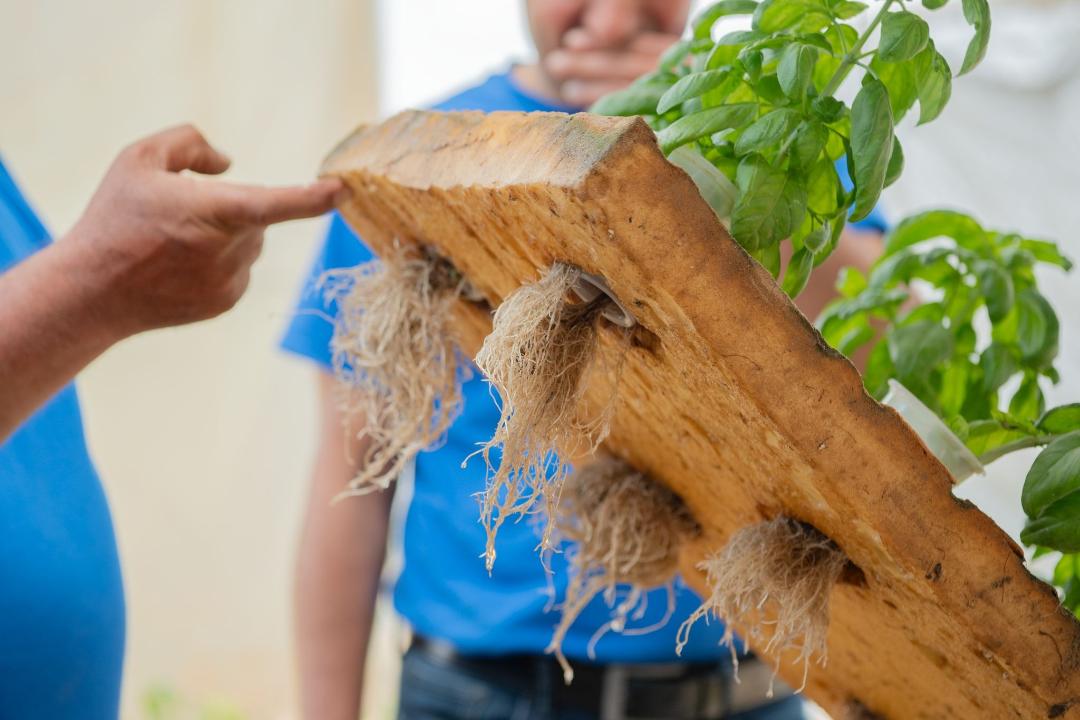
Residue Dolls has been created by artists Paul Evans, Patrick Amber and Jon Harrison in collaboration with Professor Tony Ryan and researchers from the Grantham Centre for Sustainable Futures.
Three stop motion animated films, featuring puppetry co-created from everyday consumer packaging materials, will gently engage and inform about the chemistry and ‘life cycles’ of throwaway packaging, e.g. plastics, paper and cardboard.
The Modern Crisp Packets (starring environmentalist and national treasure ‘Chris Packet’), Molly the Milk Bottle, and Zaatari Mattresses highlight contrasts between wasteful approaches to materials in the UK and Northern England – and the innovative and ingenious approaches to reuse developed in the University of Sheffield Desert Garden Project, Zaatari refugee camp, Jordan.
Here materials from old mattresses to yoghurt pots have been reused and repurposed, creating viable hydroponic greenhouses.
Residue Dolls poses questions about what we can learn from different cultures and practical, engaged models of sustainable consumerism.
Many Happy Returns
Zaatari
Opening times Tuesday–Saturday: 10am–5pm (closed Mondays) Sunday: 11am–4pm

This exhibition will make our latest understanding of the form and scale of Sheffield Castle at the beginning of the 16th century accessible to everyone, including the blind/visually impaired.
Professor John Moreland and creative partner Lucas Bax have worked together to construct a 1:150 scale model of Sheffield Castle in its late medieval heyday.
Placed in the context of the contemporary Castlegate model, this will bring home the reality and authenticity of the castle and transfer knowledge into the physical realm.
Visitors will be able to explore models of the castle and 3D printed panels that capture the detail of the stone walls through touch, as well as immerse themselves in the castles history though augmented reality with video and animations created by the Human Studio.
Opening times Tuesday–Saturday: 10am–5pm (closed Mondays) Sunday: 11am–4pm
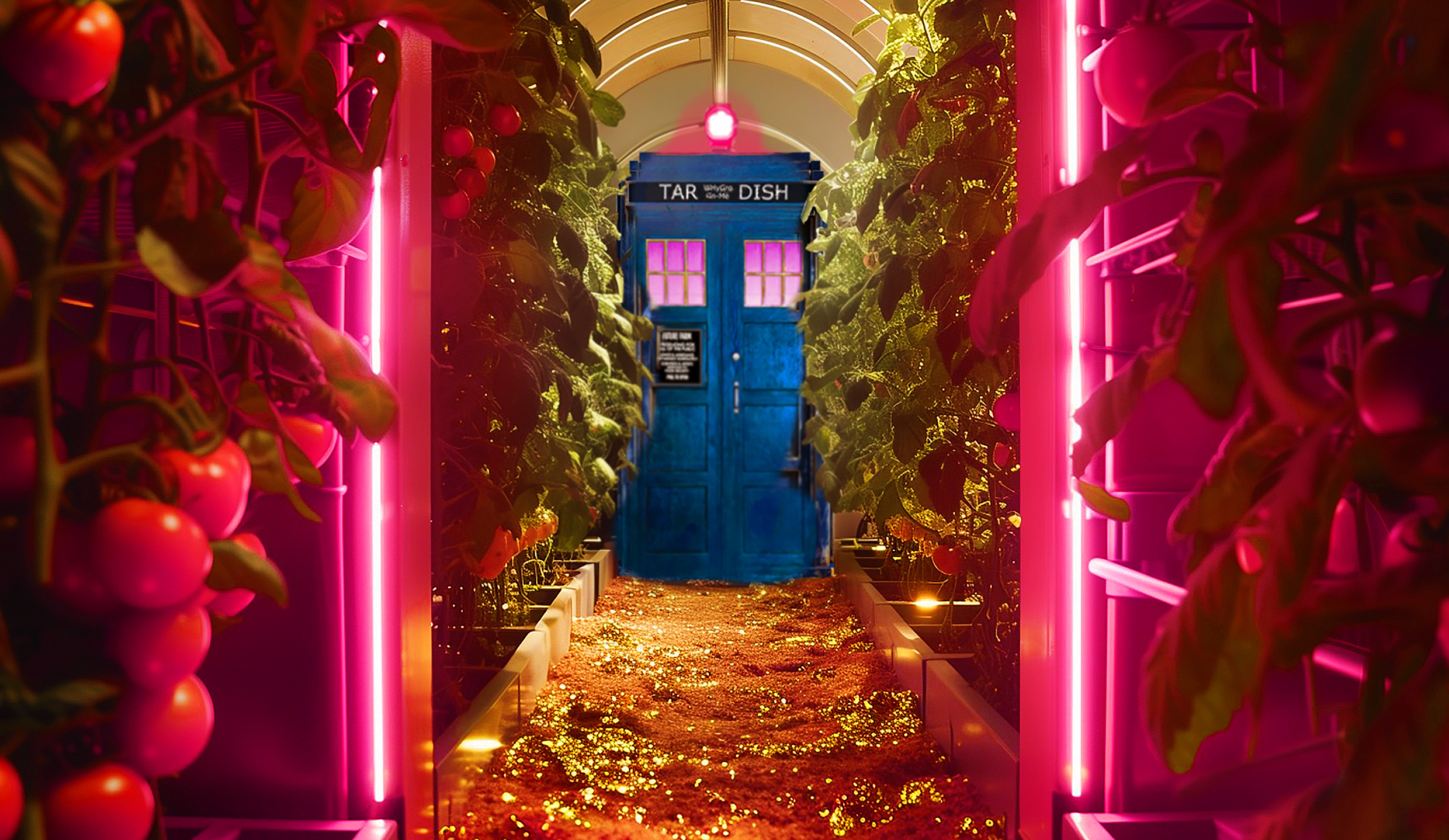
Step into the realm where art intertwines with science, as the TAR-DISH emerges—a captivating collaboration at the intersection of imagination and innovation.
Within this Transformative Agroecological Retreat Dressed in Sustainable Hues, a verdant sanctuary awaits. Adorned in wool and shimmering gold leaf, reminiscent of the mythical golden fleece, it houses a botanical marvel—a lush tapestry of life, where plants thrive in harmony.
Amidst this oasis two mesmerising looping sets of imagery will reveal an AI-generated vision of an ecological utopian world where abundance flourishes and nature rejuvenates, rebounding resiliently from the trials of climate change.
This utopia owes its existence to ground-breaking scientific research, where novel growing media crafted from waste biomass and bio-based polymers revolutionise agriculture.
State-of-the-art greenhouses, employing these innovations, herald a new era of sustainability, reclaiming vast swaths of land while ensuring plenty for all.
Embark on a journey where art illuminates the possibilities of science, and the TARD-ISH becomes a beacon of hope for a greener, more harmonious future.
Opening times Tuesday–Saturday: 10am–5pm (closed Mondays) Sunday: 11am–4pm

Urine contains an organic form of nitrogen that is effectively wasted, whilst at the same time we use 1% of the world’s fossil fuel reserves to produce synthetic fertilizers that contain organic nitrogen.
In this event, visitors will be able to walk through a toilet prototype that feeds waste into bubbling columns of colourful microalgae.
Microalgae can happily consume nitrogen in urine, and with the power of light they can also absorb CO2 and help reduce our greenhouse gasses.
The algae biomass produced can be used to manufacture many different products which will be on display at this exhibition. We showcase the incredible versatility of algae as solar-powered biomachines and allow visitors to learn more about the science behind growing algae on waste.
Co-created from research by Jags Pandhal and creative partner Mark Parsons, Studio Polpo.
Opening times Tuesday–Saturday: 10am–5pm (closed Mondays) Sunday: 11am–4pm








